Was Admiral Lord Nelson queer? Liverpool Gallery sparks debate over Admiral’s final words
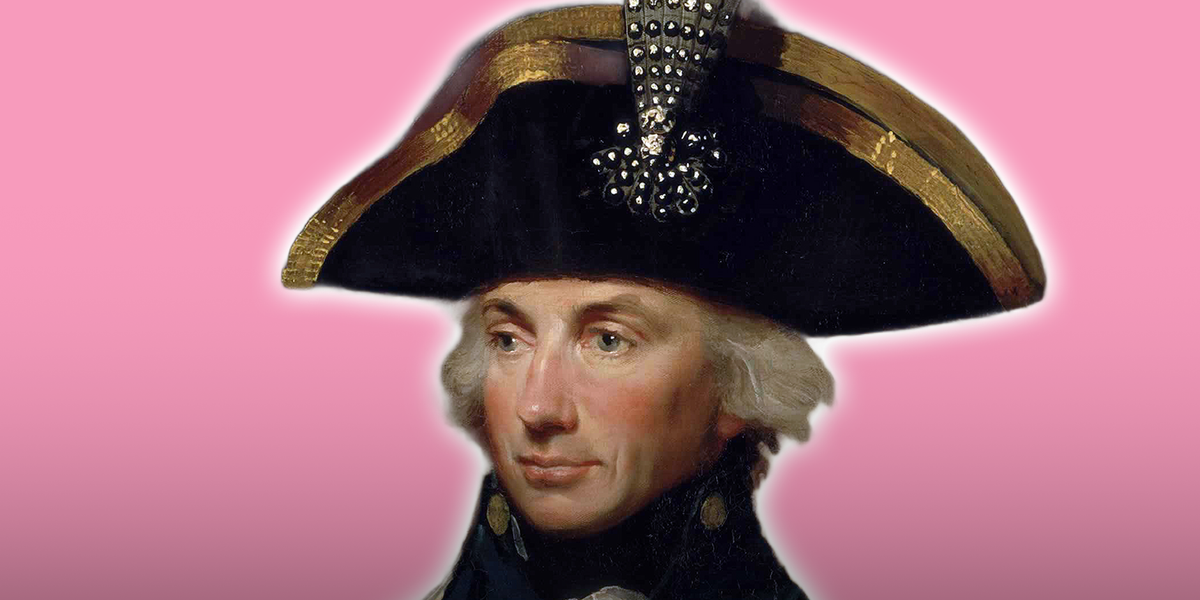
A new interpretation of Admiral Lord Nelson’s legacy has emerged from the Walker Art Gallery in Liverpool, where curators have placed the legendary naval commander within a “Queer Relationships” collection – reigniting long-standing speculation around his final moments and the nature of his bond with Vice-Admiral Sir Thomas Hardy.
Nelson, who died aboard HMS Victory during the Battle of Trafalgar in 1805, famously uttered the words “Kiss me, Hardy” as he lay mortally wounded. Hardy reportedly responded with a kiss on Nelson’s hands and forehead. While historians have debated the meaning of this intimate exchange for centuries, the gallery now frames it as emblematic of the “hidden queer history of life at sea”.
The gallery, part of National Museums Liverpool, acknowledges that Nelson had romantic relationships with women - most notably Lady Emma Hamilton - but argues that the deep emotional connection between Nelson and Hardy reflects the kind of intimate male relationships that often developed aboard ships, where sailors spent months isolated from their families.
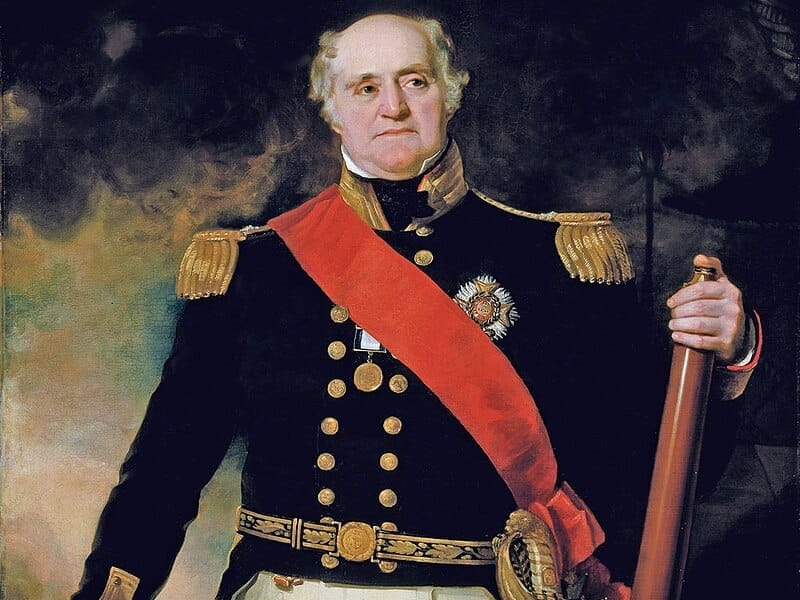
“Whether or not their relationship was sexual remains unknown,” reads the gallery’s online exhibit, “but their friendship is reflective of the close relationships formed between men at sea. Intimate relationships, both sexual and platonic, could develop between those on board.”
This reframing has sparked both celebration and controversy. LGBTQ+ historians and advocates have welcomed the move as a long-overdue recognition of queer narratives in British history. The inclusion of Nelson in LGBTQ+ collections is part of a broader effort to highlight overlooked or suppressed stories of love, identity, and companionship across time.
Supporters argue that the point is not to label Nelson definitively, but to open space for interpretation and acknowledge the fluidity and complexity of human relationships - especially in historical contexts where expressions of affection between men were often coded or suppressed.
The gallery’s decision comes amid a wider cultural shift in British museums, which are increasingly embracing inclusive storytelling. Events like Queer History Night at the National Maritime Museum and research projects such as “Pride and Prejudice” aim to re-examine historical figures through a more diverse lens.


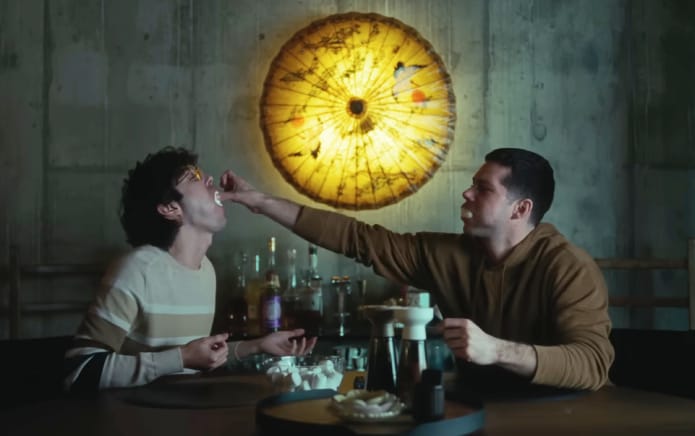
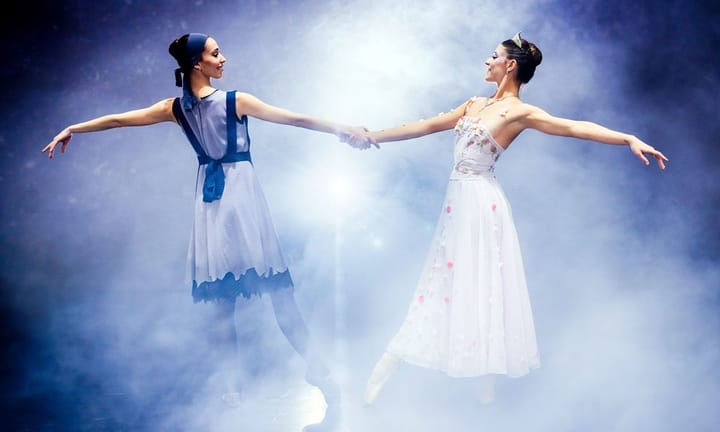
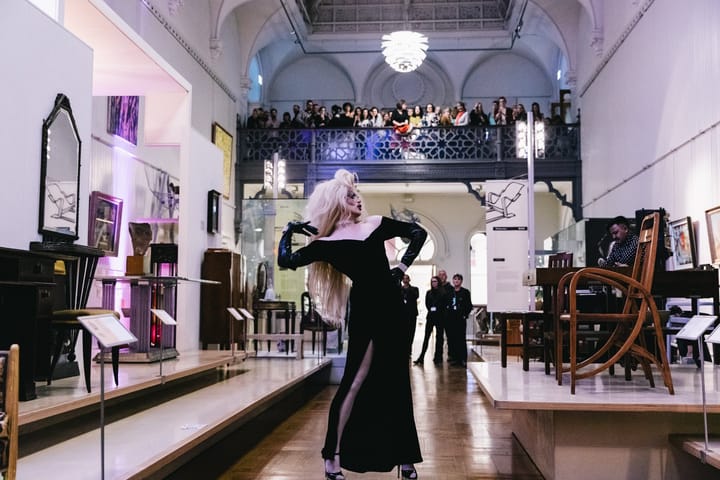
Comments ()